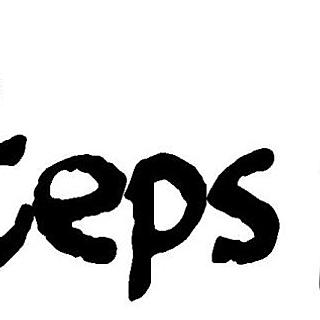10 Reasons Why Non-Competitive Dance Is Beneficial for Children
- Steph Broadbent
- Apr 13, 2024
- 2 min read
Updated: Feb 11, 2025

In the vibrant world of dance education, non-competitive approaches that integrate examination and show work offer a holistic and enriching experience for young dancers. Here are ten compelling reasons why this blend of structured assessment and creative expression benefits children:
1. Personalized Progression Paths
Non-competitive dance programs with examination and show work allow children to progress at their own pace. With structured syllabi, dancers can set achievable goals tailored to their abilities, fostering a sense of accomplishment and ownership over their journey.
2. Balanced Skill Development
Integrating examination and show work ensures a well-rounded dance education. While examinations focus on technique and theory, show work encourages creativity and performance skills, nurturing dancers who are both proficient technicians and expressive artists.
3. Recognition of Achievement
Examinations provide a formal framework for acknowledging dancers' achievements. From passing grades to certificates and awards, these milestones celebrate children's dedication and progress, boosting their confidence and motivation.
4. Cultivation of Discipline and Work Ethic
Preparing for examinations and performances requires discipline and commitment. Through consistent practice and preparation, children learn the value of hard work, time management, and perseverance, essential skills that extend beyond the dance studio.
5. Constructive Feedback and Growth
Examinations offer an opportunity for dancers to receive constructive feedback from experienced instructors and examiners. This feedback supports continuous improvement, guiding dancers in refining their technique, expression, and overall performance quality.
6. Stress-Free Performance Opportunities
Show work provides children with low-pressure performance opportunities. Unlike competitive environments, where winning is the focus, show performances prioritize creativity, collaboration, and enjoyment, allowing dancers to express themselves authentically without fear of judgment.
7. Development of Musicality and Artistry
Integrating examination and show work fosters musicality and artistry in dancers. Through rhythmic exercises, interpretation of music, and storytelling in performances, children deepen their connection to music and develop a nuanced understanding of dance as a form of expression.
8. Positive Peer Relationships
Collaborative experiences in show work promote positive peer relationships among dancers. Working together on choreography, supporting each other during rehearsals, and celebrating achievements as a team cultivate a sense of camaraderie and friendship within the dance community.
9. Lifelong Appreciation for Dance
Exposure to examination and show work instills a lifelong love for dance in children. By experiencing the joy of movement, the thrill of performance, and the satisfaction of achievement, dancers develop a deep appreciation for dance as an art form that enriches their lives beyond the studio.
10. Promotion of Confidence and Self-Expression
Non-competitive dance programs empower children to express themselves confidently and authentically. Whether through precise technique in examinations or emotive storytelling in performances, dancers learn to communicate their emotions, ideas, and identities through the universal language of dance.
In essence, this is why non-competitive dance is beneficial, with examination and show work offering a comprehensive and nurturing environment for children to explore their potential, cultivate their talents, and discover the transformative power of dance in their lives.





Comments